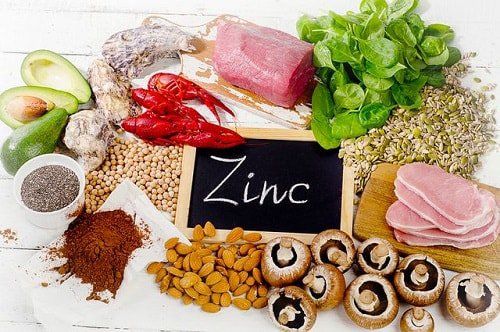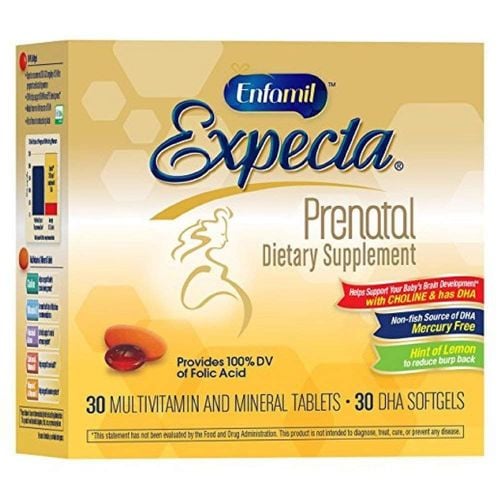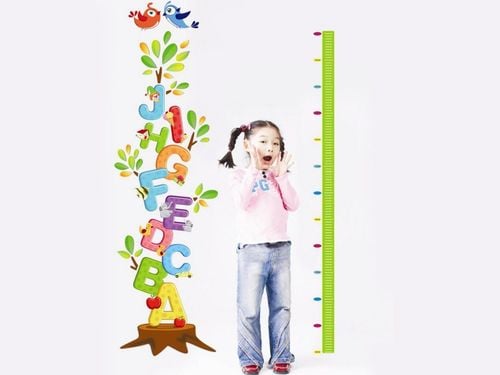This is an automatically translated article.
Zinc is a trace mineral essential for the health and brain formation of children. Therefore, parents need to pay attention to daily zinc supplementation for children from nutritious food sources. At the same time, parents also need to know how much zinc their children need each day, how much zinc is appropriate for children to drink. Giving your child a zinc supplement without consulting a doctor can cause dangerous side effects.
1. Benefits of Zinc for Children
Zinc is an essential mineral and one of the most important nutrients for a rapidly growing baby's body. This essential micronutrient is involved in the healthy growth and development of children because of the role it is needed to build new tissues. In addition, zinc is also necessary for the functioning of more than 100 different enzymes in the body and plays a role in:
Strengthening the immune system - Zinc supports healthy immune function in children so it can Reduces the risk of upper respiratory tract as well as gastrointestinal infections. When zinc intake is insufficient, immune function is easily weakened and the likelihood of disease increases. Cartilage and Bone Growth - Zinc promotes collagen formation to aid in bone building and maintenance of bone strength as well as cartilage growth and suppleness for healthy joints. Carbohydrate, Fat and Protein Metabolism - Zinc is necessary for the metabolism of carbohydrates, fats and proteins and is therefore important for maximum absorption of the food intake by children. Heal minor wounds - Zinc is essential for wound healing. Therefore, zinc will be especially valuable for children because they are easily scratched on the skin during exercise. Maintain a Healthy Appetite - Getting enough zinc will help maintain a healthy appetite. When zinc deficiency for a period of time, the body will reduce appetite, reduce absorption of substances during the period of rapid growth but often picky eaters. Structure of proteins and cell membranes - Zinc is an important element in the maintenance of good health. Antioxidant activity - Zinc has antioxidant properties and may help reduce the harmful effects of free radicals in the body.
2. How much zinc do children need each day?
The amount of zinc a child needs depends on age, but children can get all the zinc they need without fear of zinc deficiency by eating a healthy and balanced diet.
Accordingly, there is no recommended amount of zinc for children under 7 months of age. However, until a child reaches their fourth birthday, they should get 3 milligrams of zinc per day. Between the ages of 4 and 8, children need 5 mg of zinc per day, and between the ages of 9 and 13, children need 8 mg of zinc.
Girls and boys between the ages of 14 and 18 need 9 milligrams and 11 milligrams of zinc per day, respectively.

Cha mẹ nên bổ sung kẽm hàng ngày cho trẻ theo chỉ định của bác sĩ
3. How to supplement daily zinc for children like?
The amount of zinc needed for children according to age can be provided through a diet with a variety of foods. Depending on your child's specific dietary needs, regular meat feeding is one of the simplest ways to increase your child's intake of this essential mineral. Eat a can of yogurt with chopped nuts for a zinc-rich snack. Give your child a glass of milk with meals to increase their zinc intake. Therefore, most children do not need special zinc supplements.
Natural foods that provide the best zinc for babies:
1/4 cup white beans with pork and tomato sauce: 3.3 mg 10 grams cooked beef: 3 mg 1/2 hamburger : 2.7 mg 10 grams steak: 2.6 mg 1/2 cup instant breakfast cereal: 2.5 mg 10 grams dry roasted almonds: 1 mg 1 tablespoon cashew butter, no salt added: 0, 8 mg 1/4 cup partially skim cheese: 0.8 mg 1/4 cup canned beans: 0.8 mg 1/4 roast chicken thigh: 0.6 mg 5 grams Swiss cheese: 0, 5 mg 1 tablespoon almond butter: 0.5 mg 1/4 cup raw tofu: 0.5 mg 1/4 cup lima beans: 0.4 mg 1/4 skinless chicken breast: 0.4 mg 5 grams cheese mozzarella or cheddar cheese: 0.4 mg 1/2 cup milk: 0.4 mg In fact, the amount of zinc in a food will vary slightly, depending on the brand or type of meat and how it's prepared. . Note that for young children, nut butters should be finely ground and other foods (like beans and meat) should be mashed or cut into small pieces to prevent choking.
Furthermore, children may eat more or less of the corresponding amounts of zinc shown above, depending on the child's age and appetite. Accordingly, parents can estimate the nutrient content accordingly.

Bổ sung kẽm hàng ngày cho trẻ thông qua một số loại thực phẩm
4. How to give zinc to children?
The best source of vitamins and minerals for children is a daily balanced diet. If you want to add zinc from a multivitamin to your child's diet to avoid zinc deficiency, make sure to follow the correct dosage and keep them in a safe place where children cannot reach. Too much zinc or other nutrients can be harmful to a child. Children 1 to 3 years of age should not take more than 7 milligrams of zinc. The tolerable upper tolerance level is 12 milligrams for children 4 to 8 years old and 23 milligrams for children 9 to 13 years old.
Therefore, parents should ensure how much zinc is given to their children so as not to exceed the above acceptable intake. On the other hand, zinc supplements can negatively interact with certain other medications or supplements. Quinolone or tetracycline antibiotics, penicillamine, chlorthalidone, and hydrochlorothiazide are some of the drugs known to interact negatively with zinc supplements. Always let the doctor know about other supplements or medications your child is taking before giving them zinc supplements.
For these reasons, when wanting to supplement zinc for children, parents need to balance supplementing with other essential micronutrients. For example, the addition of ingredients including Lysine, zinc, ginger extract, B vitamins and Betaglucan will help perfect the taste of children, increase intestinal immunity, stimulate digestion, stimulate taste. food metabolism. From there, help children eat delicious food in a natural, safe way for children's health.
In short, children need enough zinc for proper growth and development. This nutrient helps the body grow new cells, and also helps the immune system fight off infections. Although most children can get enough zinc through their diet alone, supplementation can be helpful in some cases. Parents when supplementing daily zinc for children need to ensure the appropriate dose, it is best to understand how much zinc children need each day and how to give zinc to children in consultation with a pediatrician.
Reference source: healthyeating.sfgate.com - who.int - babycenter.com













